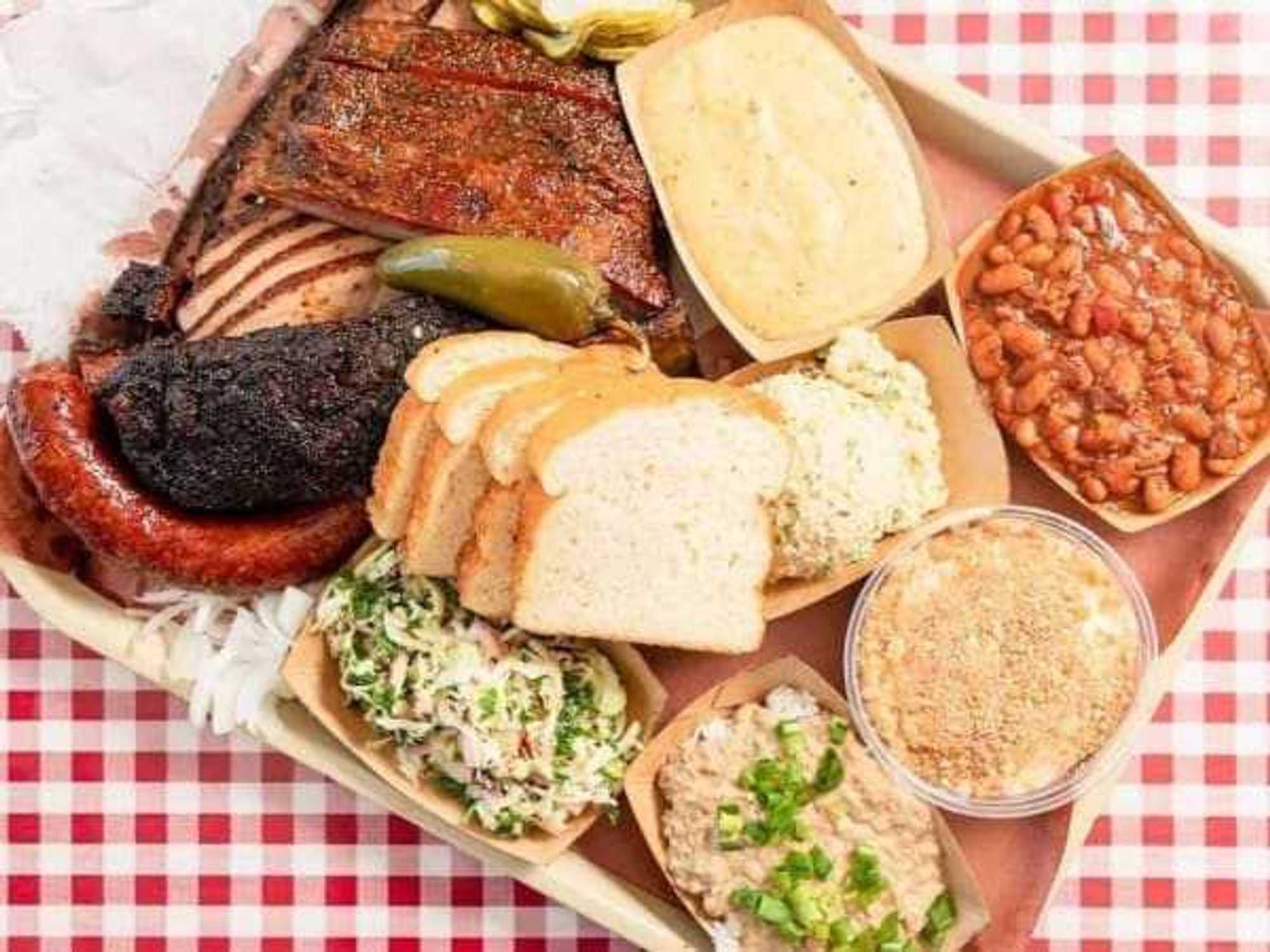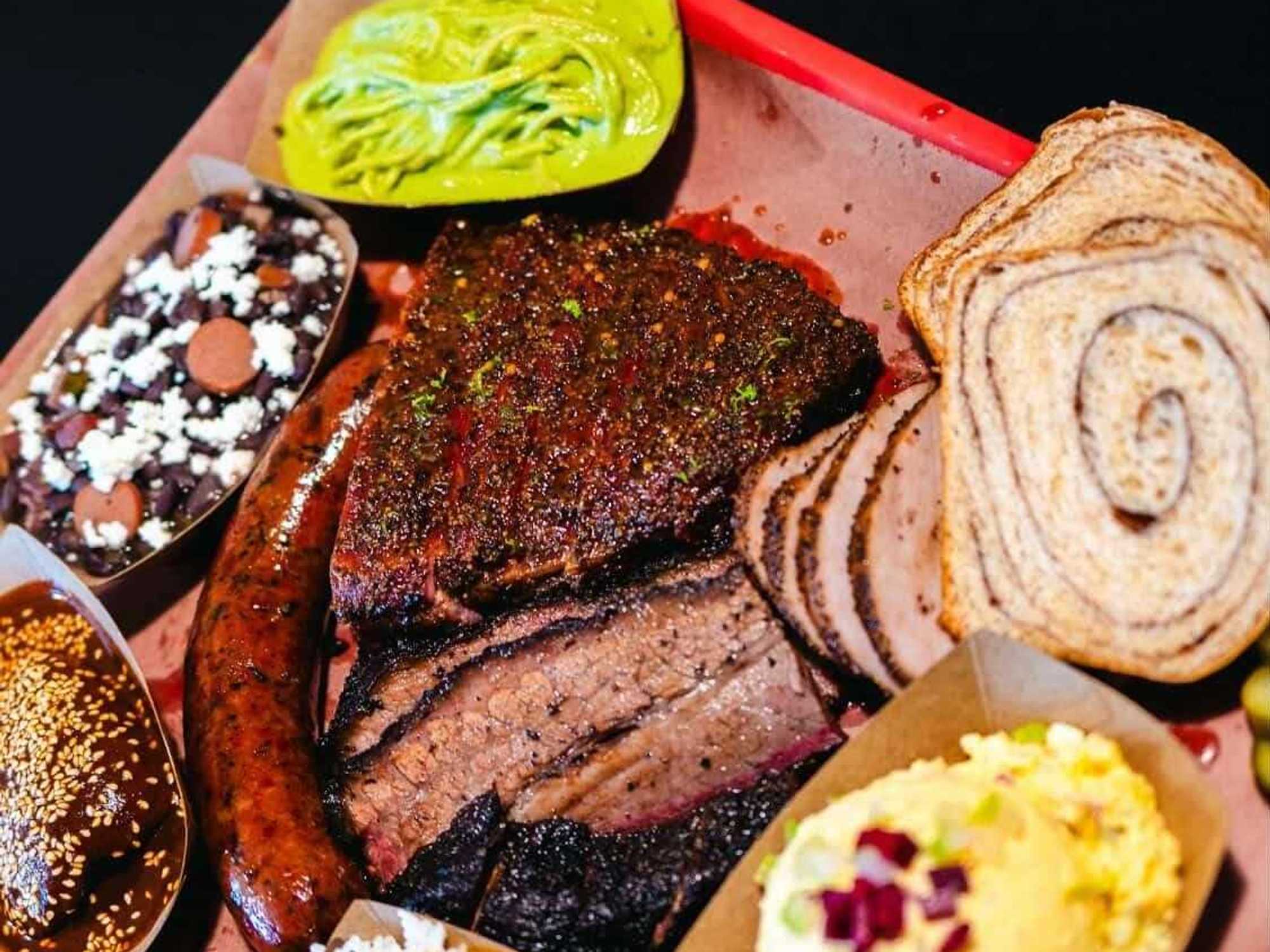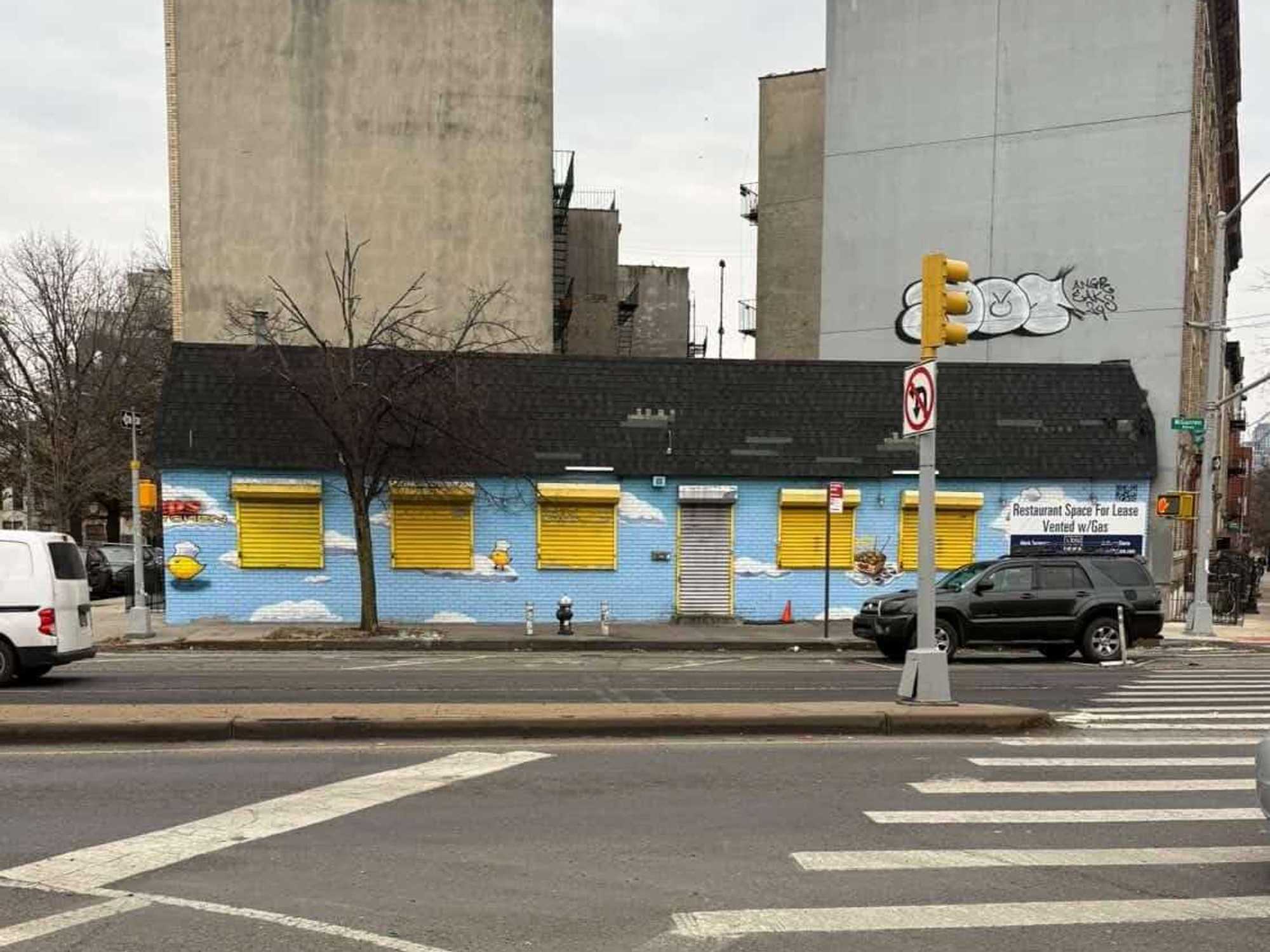Speaking out
Cancer survivor Robert Del Grande beat the disease with pragmatism and a littlephilosophy
A conversation with Robert Del Grande can go in many directions simultaneously, oscillating between sardonic semi-humor, poetic reflection, scientific methodology, esoteric philosophy and aloof introspection. A man with a PhD in biochemistry, a James Beard Award, and his own celebrity chef garage band tends to see things from multiple perspectives.
It is from those myriad vantage points the Dr. Del Grande carefully examines and reflects on his battle with prostate cancer – a topic he pensively circles with the intellectual detachment of a scientist and the emotional complexity of a poet.
In a single breath he mixes statistical metaphor with Shakespeare to deconstruct an unanticipated confrontation with his own mortality. With the notable exception of his father, who died of cancer in his late '80s, the Del Grande family tree is otherwise healthy and strong. There were no warning signs; Robert is with us today only by chance.
His diagnosis seven years ago was a product of wife Mimi’s maternal over-vigilance, punctuated by a bit of misplaced hubris from Robert.
“Mimi was feeling run down and a bit cranky and went in for some tests,” he recalls. “She wound up needing a thyroid booster. She said I’d been a bit cranky — and to this day I find that claim ‘a bit cranky’ ridiculous and unfounded — and insisted I get myself checked out. Skilled at not rocking the marital boat, I acquiesced and went through a battery of tests. During the medical interrogation of yeses and no’s, they got to the PSA test option and originally weren’t going to do it because I was only 47 at the time. I said ‘No, go ahead. Prove my wife wrong.’”
Because the examining doctor wasn’t on the Del Grande’s insurance plan, Robert was awarded a $1,200 bill.
“For that price I told them I hoped they found something wrong,” he says, now humbled at the arrogance of his own remark. “This is why the Greeks are so careful about joking, given their deities’ malicious sense of humor.”
A few days later Robert returned home after an ordinary day directing the kitchen at Cafe Annie. Mimi, appearing uncharacteristically sullen, called him into the family living room to deliver news of what seemed impossible. She sat while Robert stood, unaware of what was coming.
“Your PSA is 6.5,” she said as calmly as she could. “The doctor says you need to go get checked right away.”
Ever proud of his equanimity, Robert Del Grande felt an augural chill run up his long spine.
Opting to forgo what he perceived as a redundant battery of tests, a biopsy was performed confirming the worst: Prostate cancer.
“If we hadn’t caught it, it would have been bone cancer in four to five years,” Mimi says with a mixture of relief and residual terror, a recognition of what might have been. Diagnosis in hand, Robert, defeated and out of witticisms, began treatment the usual way — with a couple glasses of whiskey.
“All a diagnosis does is convert your life into a statistical proposition,” he says, still audibly frustrated nearly a decade later. “Your chances of survival are this percent and the number of people your age who have the same illness are that percent. If you do radiation we can guarantee with high probability 20 years or more of a good life. If we do nothing you might have only six to seven years depending on a number of factors that are hard to accurately determine.”
He rattles off numbers and years and various scenarios. The cynicism is unmistakable. The numbers didn’t add up in his favor.
“It’s like in Hamlet,” he says reaching thoughtfully for the right passage. “Not a whit, we defy augury. There is special providence in the fall of a sparrow / If it be now, 'tis not to come; if it be not to / come, it will be now; if it be not now, yet it will come—the / readiness is all.”
With alternatives ranging from slim to slimmer, and fate holding the better cards, Robert faced the inescapability of his own "what was to come."
“There was no use in getting emotional over it. I felt this sort of freedom, guiltless track of saying 'there it is.' It’s one of those cards from the deck. I felt the same way when my car crashed into the wall of the freeway. I said ‘this is going to happen.’”
At the insistence of Dr. Peter Schulam, a close friend who happened to be a distinguished urologist at UCLA, Robert chose to have the surgery done on the West Coast. Already committed to healthy diet and exercise, he ran four miles each day to be in top shape for the impending procedure.
On the way into the operating room, Robert gave an impromptu lecture on philosophy to the nurses and surgical staff, paraphrasing Spanish philosopher Jorge Ortega y Gasset’s supposition that reality = ideas + beliefs.
“Ideas accrete facts while beliefs accrete coincidences,” Robert recounts, obviously amused at his selection of topic, given his condition at the time. “The combination gives you the web and weave of life. Some cases compel us to test the worth of facts while others leave us infinitely interpreting a confusion of circumstances. The idea 'you may have cancer' is met with initial disbelief, or the belief 'no I don't – this can’t be.’ Then the game is on. The facts accrete until belief changes to accommodate.”
Robert’s own experience folds into this philosophical construct. He had cancer, but believed – as a statistical proposition – that he would survive it.
“I wasn’t scared [going in for the operation] because I don’t remember any of it,” he states matter-of-factly. “Mimi was crying, apparently. I’m told that I asked her why she was crying. I was the one going into the surgery; I should be crying, except that I was so loaded from the pre-anesthesia drip that I told the anesthesiologist ‘you’d make an excellent bartender.’”
Following the operation, Del Grande convalesced at Dr. Schulam’s home in L.A., passing the recovery time with long walks along the Pacific coast with Mimi always by his side.
“Schulam later told me that I became the subject of several seminars,” Robert says with a scientist’s pride. “Surgeons rarely, if ever, have the opportunity to closely observe a patient day-to-day following an operation. The recovery in California was only the beginning. I’ve been careful since then, having PSA exams every six months. Since the first one didn’t go so well, I’ve been far less arrogant about it.”
Robert talks about the cancer now with a somewhat surprising level of eloquence and certitude, given how infrequently he voluntarily broaches the subject. His anecdotes, quips, and emotional remembrances carry a subtle, complex combination of anger and guilt; anger that fate chose him; guilt that he survived with such relative ease and with so little pain where others have not. It’s a natural conflict characteristic of a deeply thoughtful man shaped by a traumatic experience wrought by random circumstance.
He wagged his finger at death, and through a whole lot of chance and little bit of science, was given another precious shot at life, a reality he carries with him every day. “I took the whole thing with a sense of humor,” he says. “Because deep down I thought, I’m going to get away with it. Then you learn about people with leukemia and pancreatic cancer, and there is no humor, because the odds are far less in your favor.”
Giving advice to people facing the daunting and often gruesome challenge of cancer treatment is delicate business. Ever the pragmatist, Robert makes a practical suggestion: “Do the best you can – and this is sometimes quite difficult – to put the cancer you have in a little corner of your brain where you can visit it on your own time, but also save time to enjoy life, because it can bring you down.”
And to the rest of us: “I could say something like the usual ‘an ounce of prevention is worth a pound of cure’ but I prefer, ‘invincibility is a statistical proposition. Therefore, hedge your bets. See a doctor.’”
Editor's note: This article was first published at CancerForward.org.

 For many, Barbs B Q represents the Texas barbecue vanguard. Now New Yorkers will be in on it, too.Photo by Bryce Gilbertson
For many, Barbs B Q represents the Texas barbecue vanguard. Now New Yorkers will be in on it, too.Photo by Bryce Gilbertson Kirbee's will take over this cheerful space.Photo by Jonny White
Kirbee's will take over this cheerful space.Photo by Jonny White